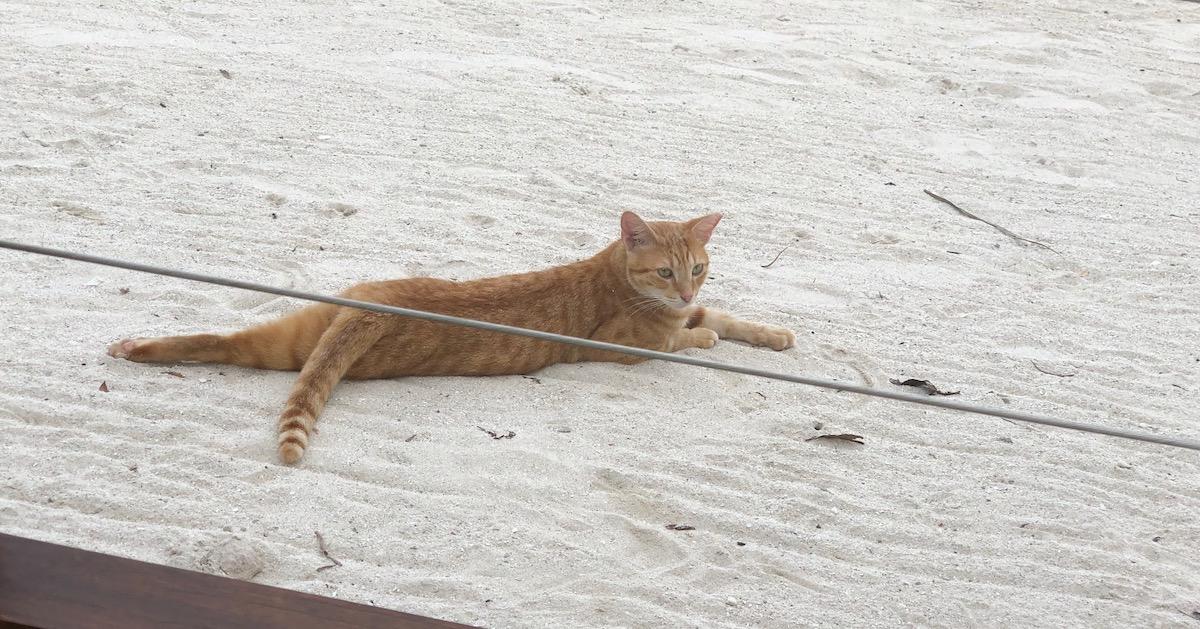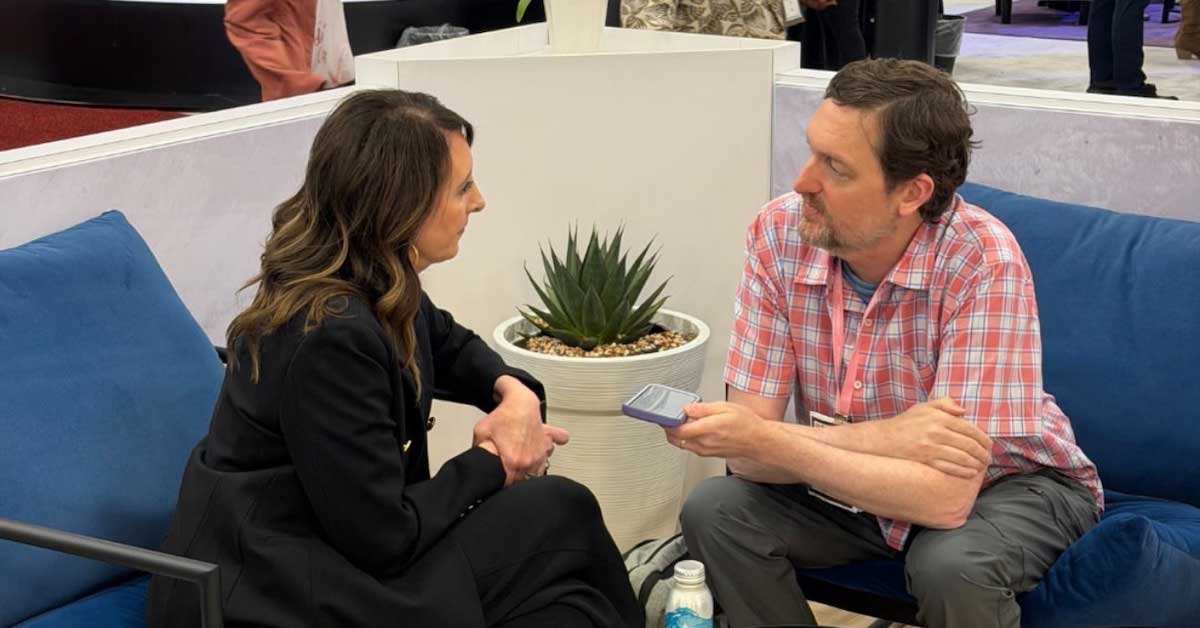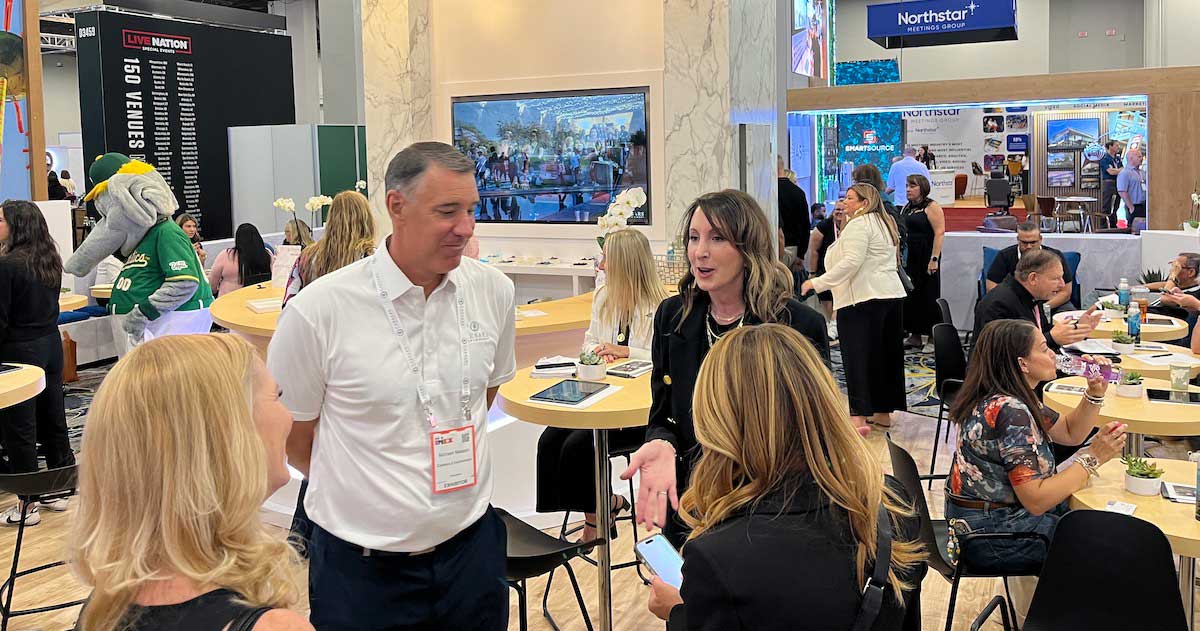As a cat lover (that’s putting it mildly), I’ve always enjoyed the opportunity to interact with Caribbean “resort cats”—the ones you see scurrying around beachfront properties who sometimes, if you’re lucky, let you pet them. But my heart often sinks when I see that the cats aren’t particularly healthy or well cared for, and that the resort views them as a nuisance. But that all changed when I learned how the Sandals Foundation is helping the cats of Jamaica.
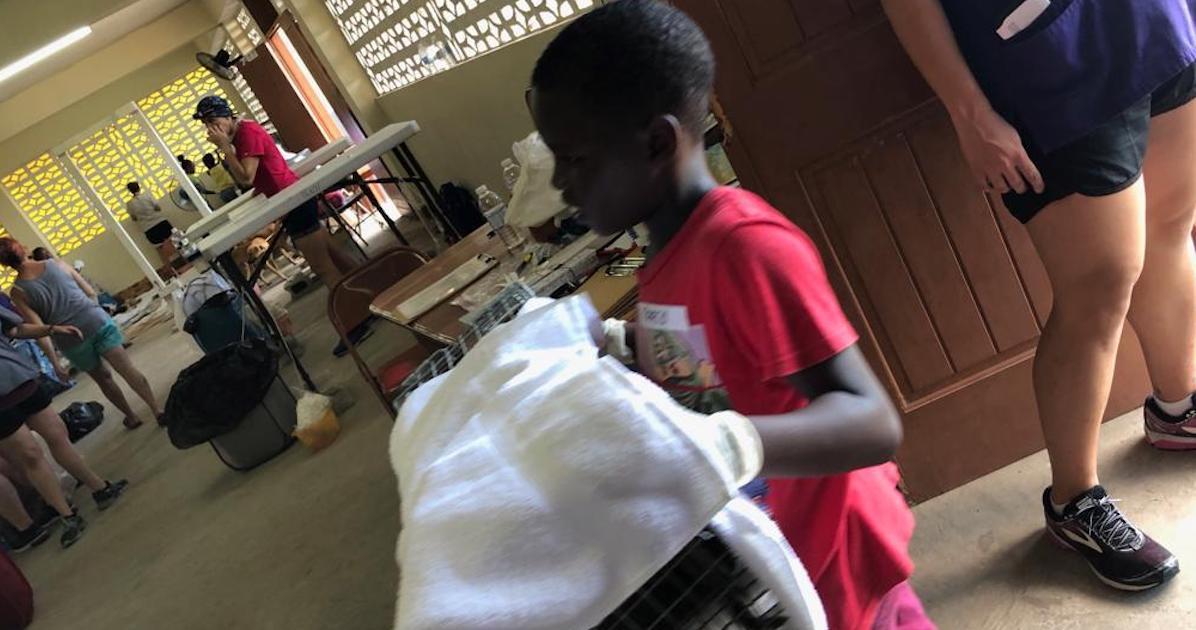
I was immeasurably impressed on a recent visit to the secluded Sandals South Coast in Jamaica. This all-inclusive resort has several healthy, friendly cats on property, and the wellbeing of these cats is part of the social responsibility efforts of the resort and the Sandals Foundation, in partnership with the International Spay/Neuter Network (ISNN).
“ISNN has been working with the Sandals Foundation since 2010 to manage their cat colonies on several properties across the island, as they have been acutely interested in humane care of and healthy populations of the resort cats,” says Kimberly Freeman, DVM, ISNN director. “We offer advice whenever needed and will continue to revisit these hotels to monitor, de-worm and sterilize any new additions to their colonies. Sandals has been instrumental in hosting large clinics that benefit the surrounding communities. They provide ample assistance with housing, food, transportation and a myriad of logistical challenges that are inherent in having large-scale, volunteer-based efforts utilizing both local and overseas volunteers.”
Dr. Freeman says part of ISNN’s mission is to work with hotels and attraction owners to solve the problem of feral cat populations and the human health risks that they pose.
“Cats tend to be attracted to these areas due to the ready availability of food and water,” she says. “The control of cats in Jamaica has traditionally been neither humane nor environmentally sound. Our goal is to educate hoteliers and attraction owners on how to manage their feral cat colonies. Feeding stations that are maintained by the hotels are placed to draw cats away from guest locations and serve as a way of monitoring the health and population of the colony when used in conjunction with a trap, spay/neuter and release program as well as administering de-worming treatments.”

Freeman says ISNN—which since 2005 has worked in collaboration with the Ministry of Agriculture, Jamaican Veterinary Board and Jamaica Veterinary Medical Association (JVMA) to establish a spay/neuter program for stray and low-income pets on Jamaica—currently visits Sandals South Coast once a year to host a big community clinic with approximately 24 volunteers (some local, some from overseas) housed at the resort by Sandals.
“Everyone from Environmental Manager Vilma Smith to General Manager Adrian Whitehead has been instrumental in helping us with the wide range of details and logistics, from feeding and transporting volunteers to reserving a community center all the way down to providing linen and newspaper for the animals to recover,” she says. “Bianca Young with the Sandals Foundation began a school program that involved the teachers and PTA before and after the clinic. We also had the assistance of numerous individuals, business owners, churches and community leaders to spread the word about the clinic and the benefits of spay/neuter well in advance. We have also been blessed with tireless volunteerism by Amanda Maffesanti, a local philanthropist who assists us with countless details and has attended each clinic for well over six years.”
Twenty-three cats from Sandals South Coast were spayed and neutered during the 2018 clinic.
“Sprawled out along 50 acres of pristine gardens, Sandals South Coast is a haven for our feline friends and the resort guests love them; however, having too many of them around can become a problem,” Smith said in a Sandals Foundation article. “Having them spayed and neutered at the ISNN clinic allows us to keep the lovely felines we already have without worrying about an over-population problem.”
ISNN has purchased and shipped 1,700 pounds of supplies consisting of cages, traps, surgical instruments and more for use in the Jamaica program. In 2008 and 2009, ISNN partnered with the Jamaica Veterinary Executive Board to conduct several one-day spay clinics in Kingston, and also hosted (along with JVMA) World Vets for a four-day Montego Bay spay clinic in 2009. They also created the Community Spay Program, which encompasses utilizing volunteer vets and vet techs working with local community leaders, businesses and the Jamaican veterinary community to conduct spay clinics throughout the island. Thirteen U.S. vets and techs joined with three Jamaican vets and techs to conduct the first Negril spay clinic in 2010, resulting in 278 cats and dogs being spayed. One to two community clinics have been conducted on average per year since then, with an average of 250 animals sterilized per clinic.
In 2011, ISNN conducted four community spay clinics in Negril, Kingston, Ocho Rios
and Falmouth. A total of 1,100 dogs and cats were sterilized, including 150 by Animal Care Vet Clinic.
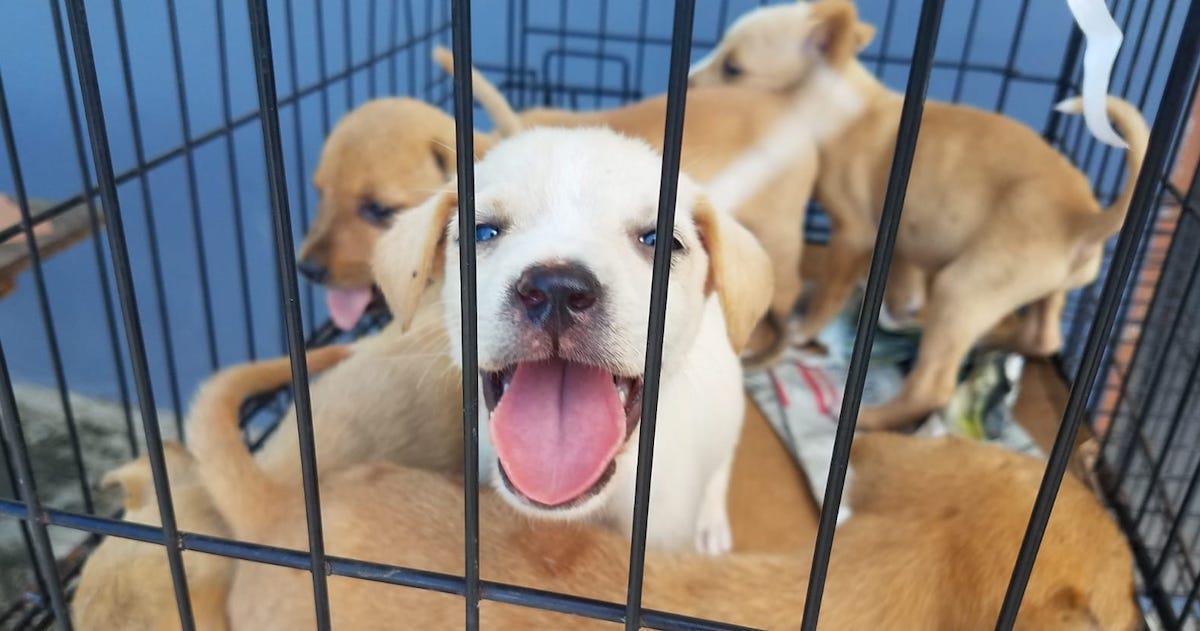
“We have had an ongoing program with Dr. Brown at Animal Care, a private clinic in Kingston that offers reduced-cost spaying for strays and low-income pets under an agreement with ISNN that has resulted in sterilization of approximately 1,600 homeless animals and animals from low-income families,” Freeman says.
Freeman says ISNN works in collaboration with the Jamaica Society for the Prevention of Cruelty to Animals (run by Pamela Lawson, who Freeman calls "a complete superwoman for the animals") and enlists the assistance of volunteer veterinarians and technicians who have extensive experience in high-volume spay and neuter techniques to work alongside local veterinarians and technicians who are interested in participating in such an effort and learning new techniques in high-volume spay/neutering.
“We feel that our program has been very successful in bringing the conversation of spay/neuter to the forefront in the Jamaican veterinary community,” she says. “Our goals for the future are to increase the availability of affordable and safe spay and neuter services on the island and to provide educational campaigns. We hope for a collaboration of local vets and our team to have a rotating clinic throughout the island on a regular basis and then to ultimately have this be a sustainable venture for local veterinarians.”
The efforts of the Sandals Foundation to give back to the community go well beyond helping the cats of Jamaica. A partnership with Great Shape! has helped more than 240,000 people in Jamaica, St. Lucia, Grenada and Turks and Caicos receive eye care and dental services. Other causes important to the Sandals Foundation include promoting environmental responsibility and literacy in schools, coral and turtle conservation, infant care, disaster relief and gender equality.
